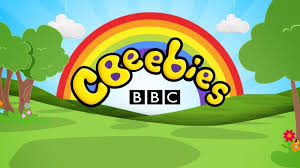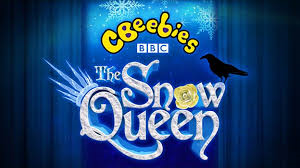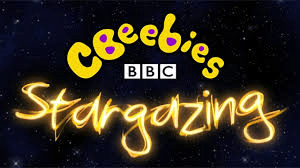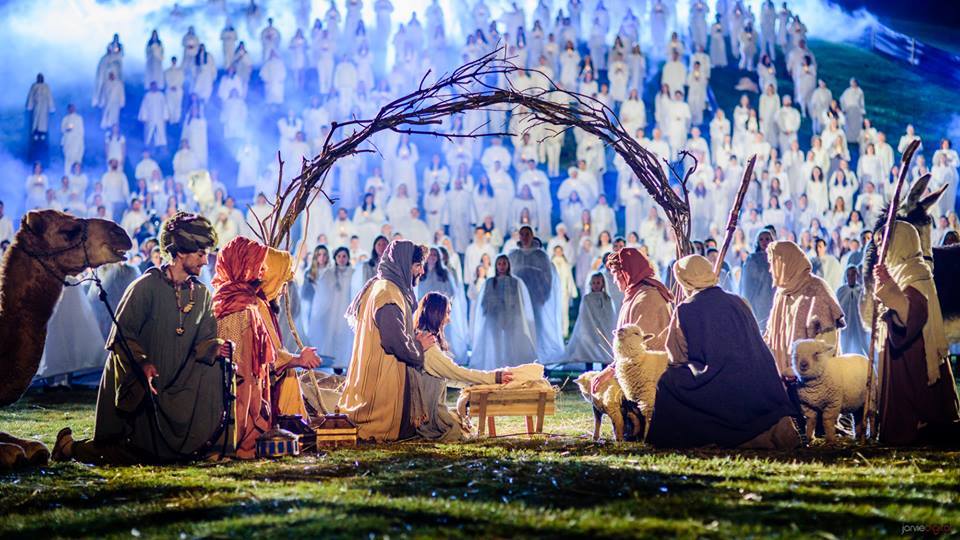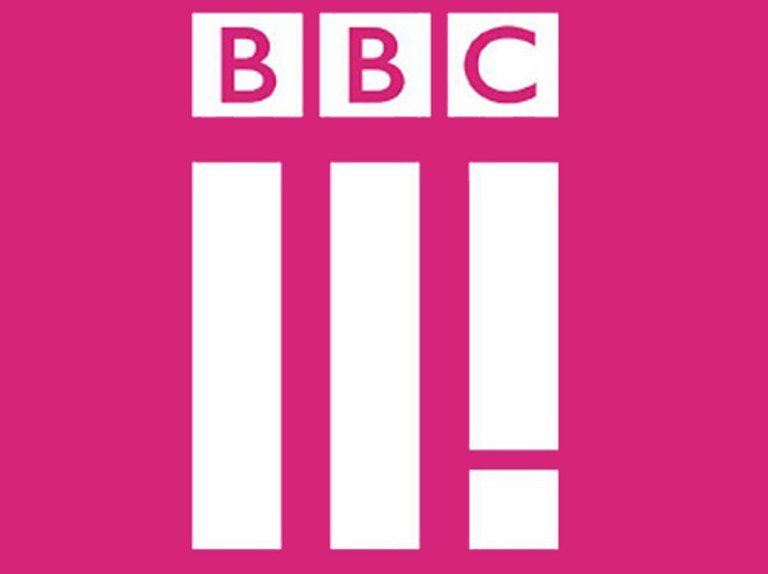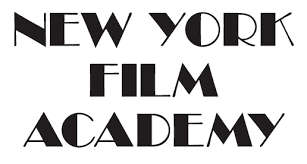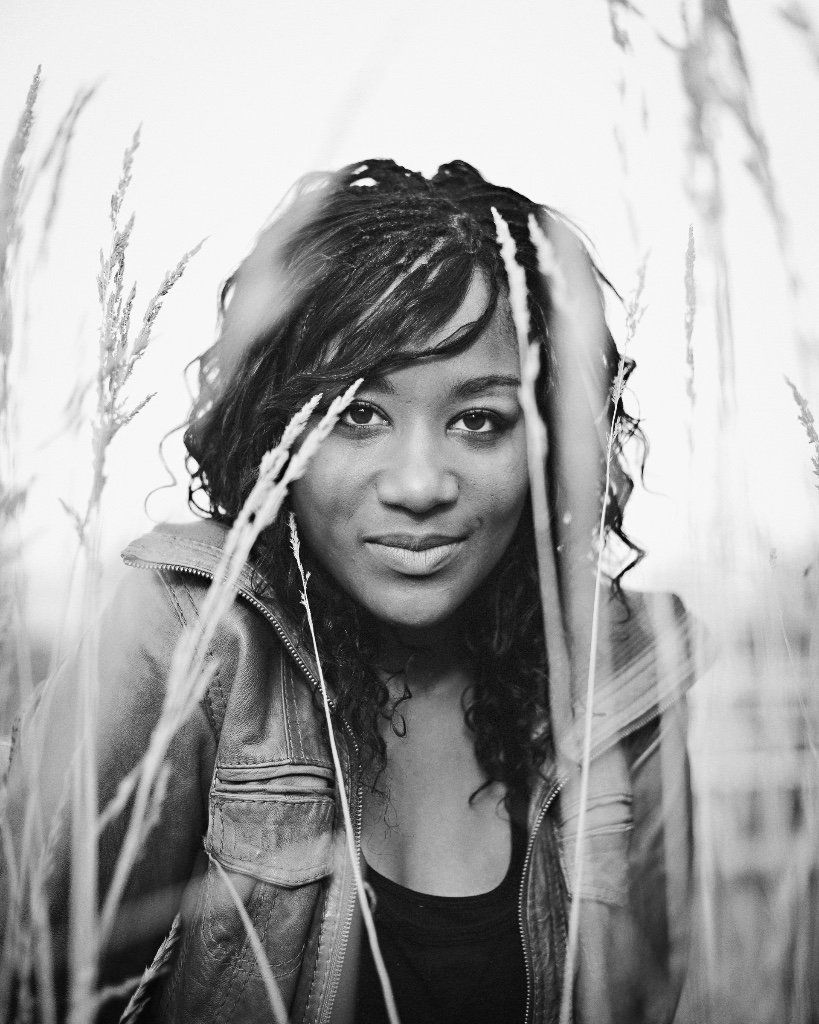
Discover "What's Up" - The Interactive Devotional Journal for Children
In a world where social media shapes identities and spirituality often takes a backseat, "What's Up" by Joanna Adeyinka Burford offers a breath of fresh air for children aged 7-11. This interactive devotional journal is designed to guide the young members of Generation Alpha through the challenges of growing up in a digital age, helping them to discover their true selves and explore their faith in a meaningful way.
LATEST NEWS

ABOUT GRACE is a London-based Arts PR partnership offering creative and impactful publicity campaigns for the arts and culture industry in the UK. It was founded by us, Laura and Chloe, two publicists with more than 27 years’ experience who have worked together for the past eight years at one of London’s busiest Arts PR agencies.
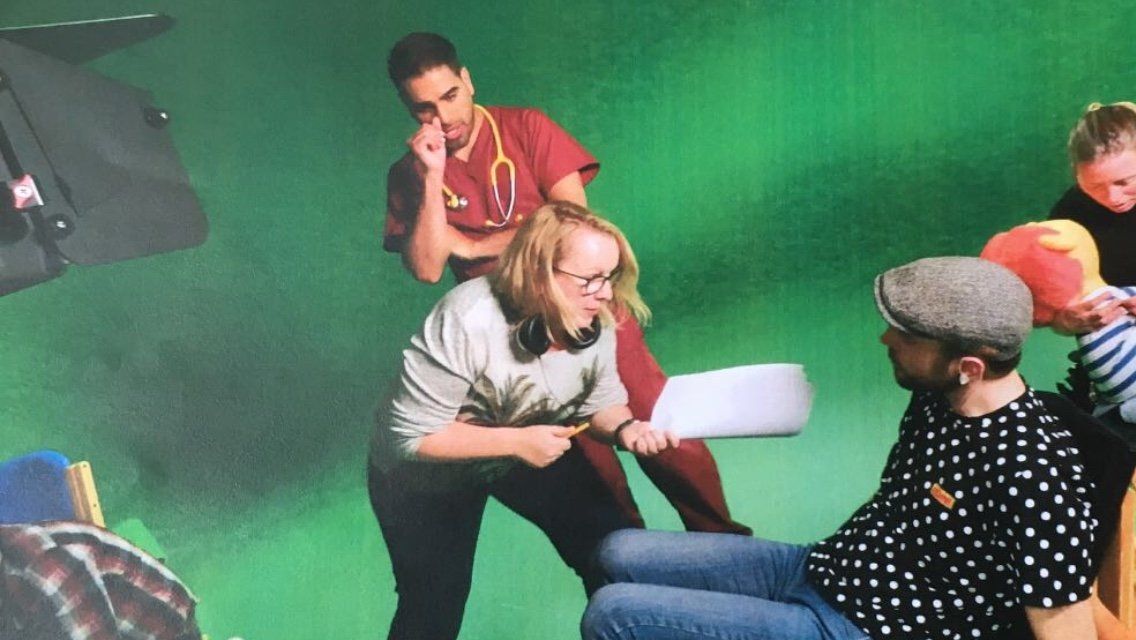
Hey Guys, So if you've been on the 'Tip Tuesday' journey you'll notice this one is a little bit different! This time around I actually had the pleasure of interviewing BBC Director Helen Scott! She's one of the best directors I have worked with and has a wealth of knowledge! Check out the interview! Hi Helen, Thanks so much for taking the time out to answer a few questions. I know you've got a lot to say so let's get started! Have you always wanted to work in TV? Almost always. I grew up watching Saturday morning kids shows, and always wanted to be a part of it, but never expected to be. When I was 16 I thought I wanted to be a journalist, and I had a week’s work experience split between a local newspaper and the BBC local newsroom. This was when you could still smoke at work. The newspaper office was thick with smoke, and everyone ignored me. The BBC was clean, and friendly, and as soon as I saw the behind the scenes technical areas…I was hooked. Ten years later I was directing Saturday morning kids shows! What was your inspiration? My inspiration to do well in life generally was, as is often the case, a great teacher, Mrs Robson, who was a great encouragement to me in high school. Later, when I was at Uni, I had a great tutor who gave me extra projects to develop my technical skills, and helped me get a foot in the BBC door via some work experience. More specifically, my hunger to get into television was my love of Children’s TV of my childhood. It just looked like the best fun. How long have you been a working as director? I joined the BBC straight from college in 1990, as a “Regional Station Assistant”, which meant making and operating the graphics for the news programmes, floor managing, vision mixing, and eventually directing the live news shows. It was a great all-round training job. It sounds seamless, but this was after I had spent a week every school/college holiday since I was 16, going in there, just making tea for people and watching and staying out the way. So, when a last minute vacancy came up, the bosses knew that I had a really good understanding of what the job was. I still had to interview for it though! After 4 years I moved to London to be a Network Director, which is the person who literally directs the channel, and makes sure that across a whole day, whatever variable durations of the programmes, and weather, and live shows, the ten o’clock news still starts at ten, basically! Trickier than it sounds. Then since 1997 I’ve been a full time director. I started in “Children’s Presentation”, ie the Broom cupboard/bits between the programmes, then moved onto direct loads of kids shows like Saturday mornings, Blue Peter, Smart, Xchange. Then I moved more into events/performance, and directed Glastonbury/R1 Big Weekend/Reading Festival for about 13 years, and also big Royal events, including most recently the Royal Wedding. So, 28 years in TV, 24 as a director. What’s been your most fun job to date? Oh, that’s hard. I can honestly say that every job, big or small, is difficult, different challenges for each, so they’re never wall-to-wall fun. There’s always a sleepless night involved. But I don’t think I have ever done any job in 28 years which hasn’t been fun in some way. The children’s shows are always surreal, because you find yourself arguing with a puppet, or reworking a shoot around a toddler’s tantrum, or trying not to laugh at a pop star’s ridiculous behaviour. But most fun…I think the dynamic of the crew is what makes a show fun to work on, rather than the content itself…but hopefully a good vibe shows through onscreen. What’s the most challenging aspect of the job? Time, time , time. It affects everything. It limits what is achievable, it affects the stress levels of the team, it affects the quality of what you get in the end. There’s often a real imbalance in Production Management, in that they cut the studio time to the bone, but then spend more than they need in editing/post-production. Often one or two days more of studio time, although expensive, could save several days in post production. Other than that, the challenge is always to “be the swan” ie sounding and looking like I know what I’m doing, because if crew think you’re unsure, they’ll start ignoring what you ask them to do, and it all unravels. Meanwhile, I’m paddling like crazy beneath the surface! For any budding directors- What advice would you give to those getting started in the industry? Don’t be an idiot. Is that too blunt? Every time a new year group of students graduate, they think they’re directors, and are entitled/qualified to waltz into a career. They were directors, and probably good ones, in that environment, but now they’re out: they’re runners, if they’re lucky, until they can get more experience. It’s not fair, but it is true. Take any work experience/shadowing/grunt work you can, paid or unpaid (but don’t let yourself get exploited, there’s much better support now to make sure unpaid runners aren’t replacing paid crew’s roles). Get involved with Directors UK. Get to know the industry, who does what. Work hard at any opportunity you get, because there’s a lot of competition. If you’re more into single camera/film direction, then keep making stuff: fail, learn, fail differently, learn again and so on. It’s the best way. But for god’s sake, all professionals are incredibly sick of “directors” asking for crew to work for low or no pay, “in return for a credit”. Credits a) mean little, and b) don’t pay the rent or the equipment hire firm. It’s insulting to ask. But, if you can find a similarly inexperienced camera op who is in the same boat and also wants to learn, then great. But don’t expert full time professionals to do your showreel for free and a “credit”. And don’t BS on your CV. The industry is small. If you say you were a trainee director on Pointless, everyone relevant knows the director(s) on Pointless, one email will clarify if you were a trainee, or if you just sat in the gallery for a day. How have you sustained and developed your career? Even though I’ve done a load of big name shows, the profession is completely unpredictable and unstable. There’s no point moaning about it, suck it up or change career. I think it takes three years of being freelance before you learn to cope with the ups and downs. You might have done 4 series of a great show, but if there’s a change of producer, they will probably choose a director they know, over you, even though it’s no reflection on your skills. Sometimes you might benefit from this too, if you’re the new director! Or you get booked a lot by a Production Manager who knows and trusts you, but then they leave the profession, your work from them disappears. So, try to keep a broad base of work and contacts, so if, for example, there’s not much being commissioned in Childrens’, maybe there’s opportunities in Music. Fundamentally you get work through someone thinking you did a good job on a previous project. Directing jobs are rarely (ever) advertised. It comes back to not being an idiot. You never know who knows who on a production. I’ve landed jobs before because a make-up artist who thought I was doing a good job on a previous show, recommended me to her husband, who was a Producer; I’ve had Floor Managers suggest me to Production Managers. So it’s not the obvious routes. Just try to do a good job, and be kind. It pays off, morally and financially! For budding presenters and actors what advice would you give? What makes a good working environment and makes you want to with people again and what’s really annoying? Be on time, and prepared! Obviously, your talent is what you’re hired for, and you’re the only one who can deliver that. My job is to create an environment where you can shine to your best potential, but if you’re late into make-up, you’ll be late out of it, or your make-up will be rushed, and there’ll immediately be an atmosphere of stress in the air. Also, it’s disrespectful to everyone else on the team who are on time, and have probably been there earlier than you, and will be there later, and probably on less money. And, where possible, be prepared. If there’s a script, read it! If there’s a schedule, read it! Nobody minds if you screw up, if they feel you’re putting the effort in. But if you’re full of BS, then again, not the best working environment to make you shine. And the same note above about not being an idiot, and not knowing who is connected to who. Word gets around very quickly about presenters/actors who are not good to work with, and jobs are lost and won on such informal references. The blunt truth is, the industry has too few jobs for all the directors, presenter, actors out there. If people think you’re good at your job AND good to work with, that’s an advantage straight away. Be kind to the runners. They might be your boss in a year’s time… It’s entirely acceptable to follow up contacts from time to time, just to remind them you’re out there and looking for work. Everybody does it, everybody knows it’s a pain but necessary, and does pay off from time to time in reminding people that you’re out there and available. Just keep it brief, upbeat, relevant, and not too frequent or needy. Feel free to tell me of any projects you’ve done since we last met, or just a reminder of when we worked together before; but I don’t want to know about your new loft extension/kid/pyramid scheme. Thanks so much Helen, great advice! Guys I hope you've enjoyed reading it!


